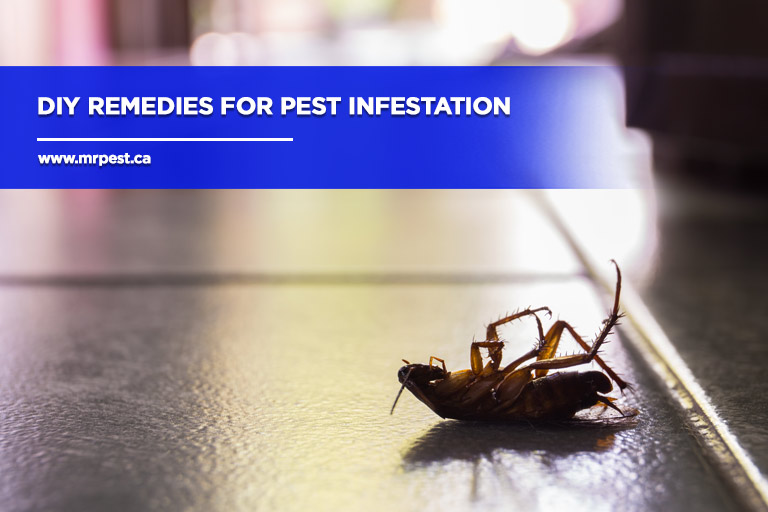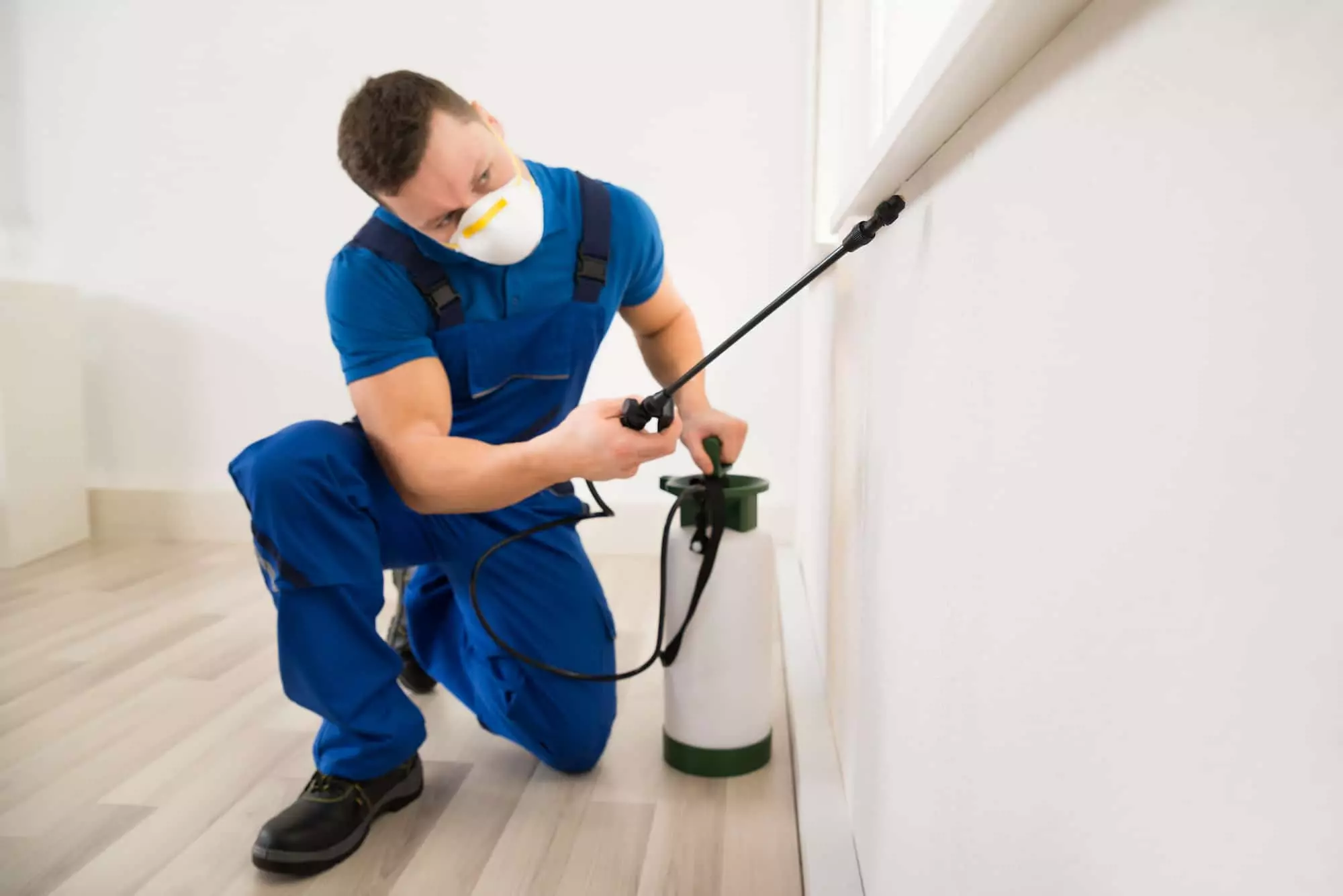Safe and Reliable Bug Control for Lasting Defense
Efficient insect administration requires a complex method that balances environmental honesty with the demand for reliable parasite suppression. The nuances of these methods might not be promptly clear, triggering a better exam of the techniques that can lead to lasting bug control outcomes.
Understanding Pest Control Approaches
Bug control encompasses a variety of methods aimed at handling and eradicating unwanted insects and rodents that can intimidate both health and building. Comprehending these techniques is essential for reliable pest monitoring.
The key categories of parasite control techniques consist of mechanical, organic, and chemical methods. Mechanical techniques entail physical obstacles and catches to stop bug entry and capture unwanted types. For example, utilizing displays on home windows or employing sticky catches can significantly reduce bug populaces without introducing damaging compounds.

Chemical pest control is frequently the most identified approach, making use of pesticides to eliminate parasites. These chemicals can be effective but should be used with care to stay clear of unfavorable impacts on non-target varieties and the atmosphere.
Advantages of Eco-Friendly Solutions
How can eco-friendly services change parasite control methods? The adoption of eco-friendly insect control techniques offers various advantages, considerably improving the effectiveness and security of bug monitoring.

An additional benefit is the favorable effect on neighborhood biodiversity. Environment-friendly solutions are created to target particular pests while maintaining valuable insects and wild animals, promoting a well balanced environment. This technique lines up with the expanding customer need for sustainable techniques, improving the reputation of parasite control providers.
Integrated Insect Monitoring Strategies
The application of green options naturally causes the fostering of Integrated Bug Monitoring (IPM) methods, which further improve parasite control efficiency. IPM is an all natural method that combines multiple strategies to take care of pest populaces while reducing environmental influence. This approach emphasizes making use of biological, cultural, mechanical, and chemical controls, ensuring a well balanced and lasting technique of pest monitoring.
One basic aspect of IPM is the extensive analysis of bug task and ecological problems. By keeping track of parasite populations and identifying their life cycles, experts can execute targeted treatments that interfere with the pest's environment or lifecycle, minimizing dependence on chemical pesticides. In addition, social techniques such as crop turning and habitat manipulation can substantially lessen pest facility and recreation.
One more critical component is using organic control representatives, such as beneficial pests or microbes, which can naturally reduce parasite populaces. When chemical applications are needed, IPM focuses on using low-risk pesticides and applies them uniquely, decreasing exposure to non-target organisms and humans.
Integrating IPM methods not just improves bug control effectiveness however additionally promotes a much safer environment, lining up with the expanding demand for lasting techniques in pest management.
Safe Practices for Property Owners
Recognizing the value of risk-free techniques in bug control can equip homeowners to effectively handle insect problems while securing their health and the setting. Applying preventive measures and non-toxic approaches is crucial in lessening exposure to damaging chemicals.
Property owners ought to initially analyze their setting for conditions that draw in insects, such as standing food, mess, and water waste. On a regular basis cleaning and sealing entry points can discourage pests from attacking the home. Utilizing all-natural deterrents, such as vital oils or diatomaceous planet, can give effective choices to chemical pesticides.
When chemical treatments are essential, property owners should decide for products that are especially identified as safe for residential usage. It is vital to adhere to application guidelines carefully to avoid too much exposure. Furthermore, using targeted therapies in locations where parasites are recognized, instead of covering splashing, can considerably reduce chemical best site usage.
Lastly, maintaining open communication with bug control specialists is crucial. Home owners ought to ask about the safety and security of items utilized and request green choices whenever possible. By adopting these secure techniques, property owners can develop a healthier living atmosphere while efficiently taking care of insect problems.

Tips for Long-Term Security
Developing a bug administration technique that emphasizes long-lasting defense can substantially boost the effectiveness of the secure practices previously reviewed. To accomplish this, house owners ought to implement regular inspections of their residential or commercial property, concentrating on hidden locations such as attic rooms, basements, and crawl rooms. Early discovery of pest task is critical in weblink preventing infestations from holding.
In addition, preserving a tidy setting is crucial. This consists of proper food storage space, without delay cleaning up spills, and consistently taking care of rubbish. These techniques decrease attractants that attract insects into the home. Sealing access factors, such as cracks around doors and windows, can successfully obstruct possible insect access.
Landscaping should additionally be thought about; maintaining plants cut and preserving a distance between vegetation and the home lessens concealing areas for parasites. Utilizing natural deterrents, such as necessary oils or diatomaceous planet, can further discourage problems without turning to extreme chemicals.
Last but not least, teaming up with an expert parasite control solution for routine assessments can provide an additional layer of safety and security. These experts can offer tailored suggestions and progressed therapies, making certain that your home continues to be secured versus insects in the long term.
Conclusion
Finally, secure and reliable pest control needs a complex approach that stresses environmentally friendly approaches and integrated parasite management. By implementing all-natural deterrents, carrying out routine inspections, and maintaining proper sanitation, homeowner can considerably lower bug populations while safeguarding helpful insects and the environment. Partnership with expert pest control solutions improves the performance of these methods, making certain tailored solutions that provide lasting security and comfort versus future problems.
Efficient parasite management needs a multifaceted approach that stabilizes eco-friendly stability with the demand for effective pest suppression. The adoption of environmentally friendly pest control approaches uses countless benefits, significantly boosting basics the effectiveness and security of parasite administration.The implementation of environmentally friendly remedies naturally leads to the adoption of Integrated Bug Management (IPM) strategies, which better improve insect control efficiency. exterminator coquitlam. By monitoring parasite populations and determining their life cycles, specialists can carry out targeted interventions that disrupt the parasite's environment or lifecycle, decreasing reliance on chemical pesticides.In conclusion, risk-free and trustworthy insect control calls for a multifaceted strategy that emphasizes eco-friendly approaches and integrated insect administration